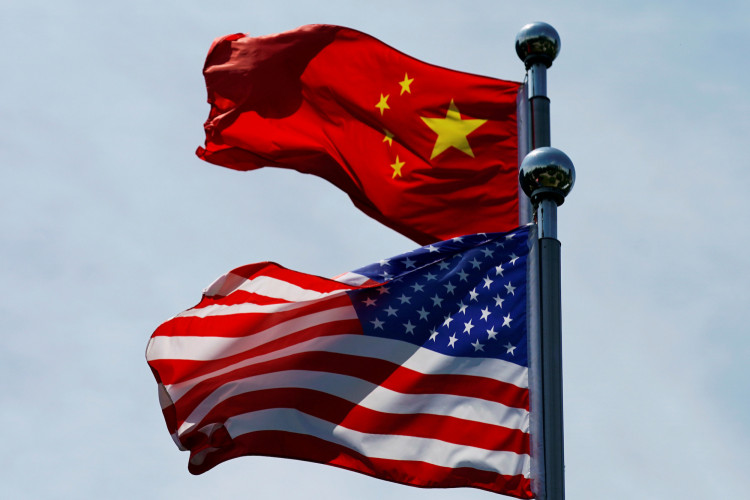In a move that underscores the growing tensions between the U.S. and China in the tech sector, the chair of the U.S. House of Representatives' committee on China is set to meet with a semiconductor industry group. Reuters reported that the primary agenda of this meeting is to convey concerns over U.S. investments in China's burgeoning chip industry, according to sources familiar with the matter.
The semiconductor industry, a cornerstone of modern technology, has been a focal point of contention between the two superpowers. With China's aggressive push to become self-reliant in chip manufacturing and the U.S.'s strategic interest in maintaining its technological edge, investments in this sector have come under increased scrutiny.
The U.S. has long been wary of China's ambitions in the tech space. This latest move by a U.S. lawmaker highlights the broader concerns about technology transfer, intellectual property rights, and the potential national security implications of American investments in China's tech sector.
While the specifics of the concerns to be raised in the meeting remain undisclosed, it is clear that the U.S. is taking a more cautious approach to its dealings with China, especially in areas deemed critical to national security and economic competitiveness.
China's chip industry has seen rapid growth in recent years, fueled in part by Beijing's ambitious Made in China 2025 plan, which aims to achieve self-sufficiency in various high-tech sectors. The U.S., on the other hand, has been implementing measures to safeguard its technological leadership, including restrictions on the export of certain advanced technologies to China.
The semiconductor industry is of particular importance given its role in powering a wide range of technologies, from smartphones to advanced military systems. Any disruption or shift in the balance of power in this sector could have far-reaching implications for global tech leadership.
This meeting between the U.S. lawmaker and the semiconductor industry group is a testament to the evolving dynamics in the U.S.-China tech rivalry. As both nations jockey for position in the global tech landscape, the decisions made today will shape the technological landscape of tomorrow.
It remains to be seen how the semiconductor industry group will respond to the concerns raised by the U.S. lawmaker. However, one thing is clear: the tech cold war between the U.S. and China shows no signs of thawing, and the semiconductor industry is right at the heart of it.





